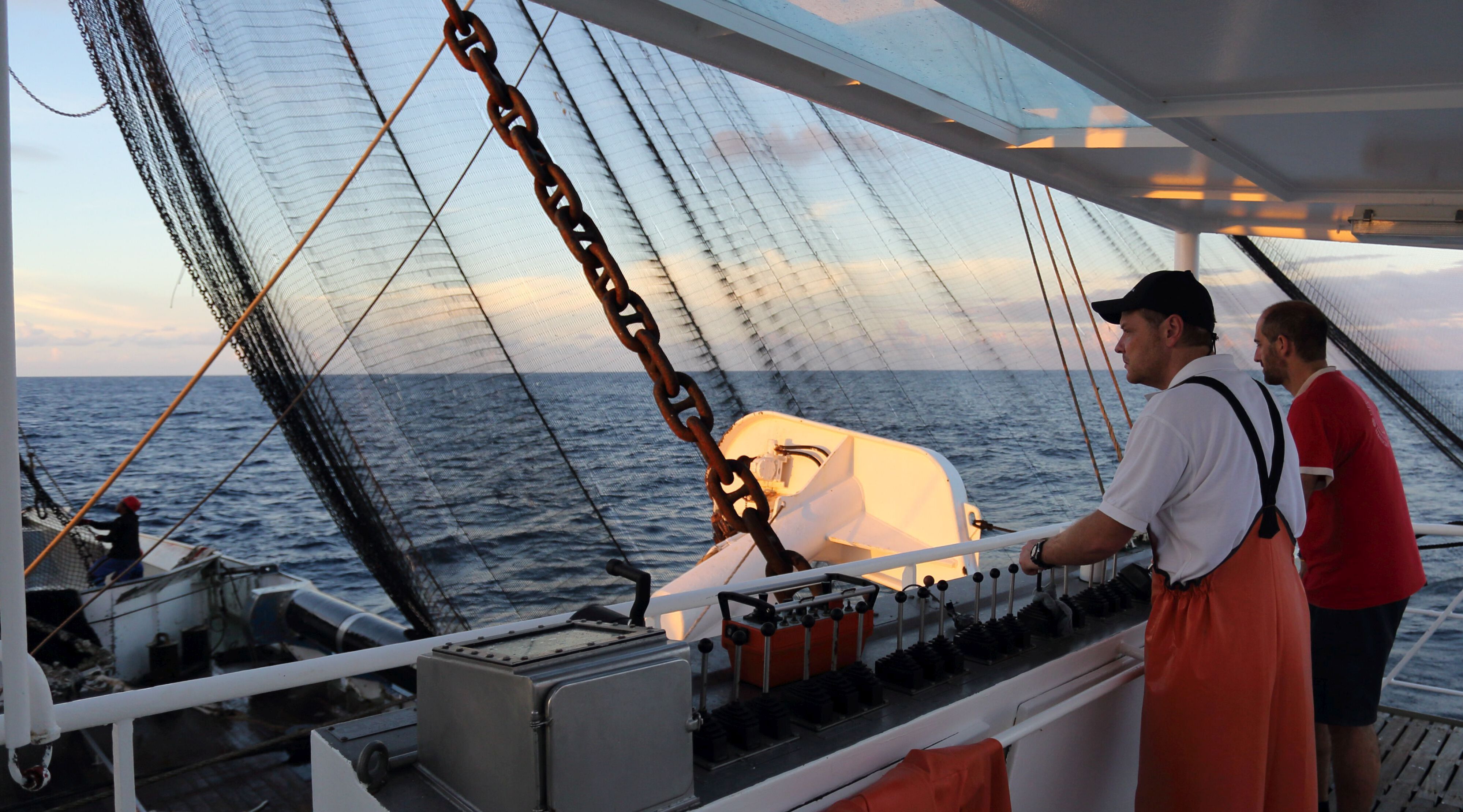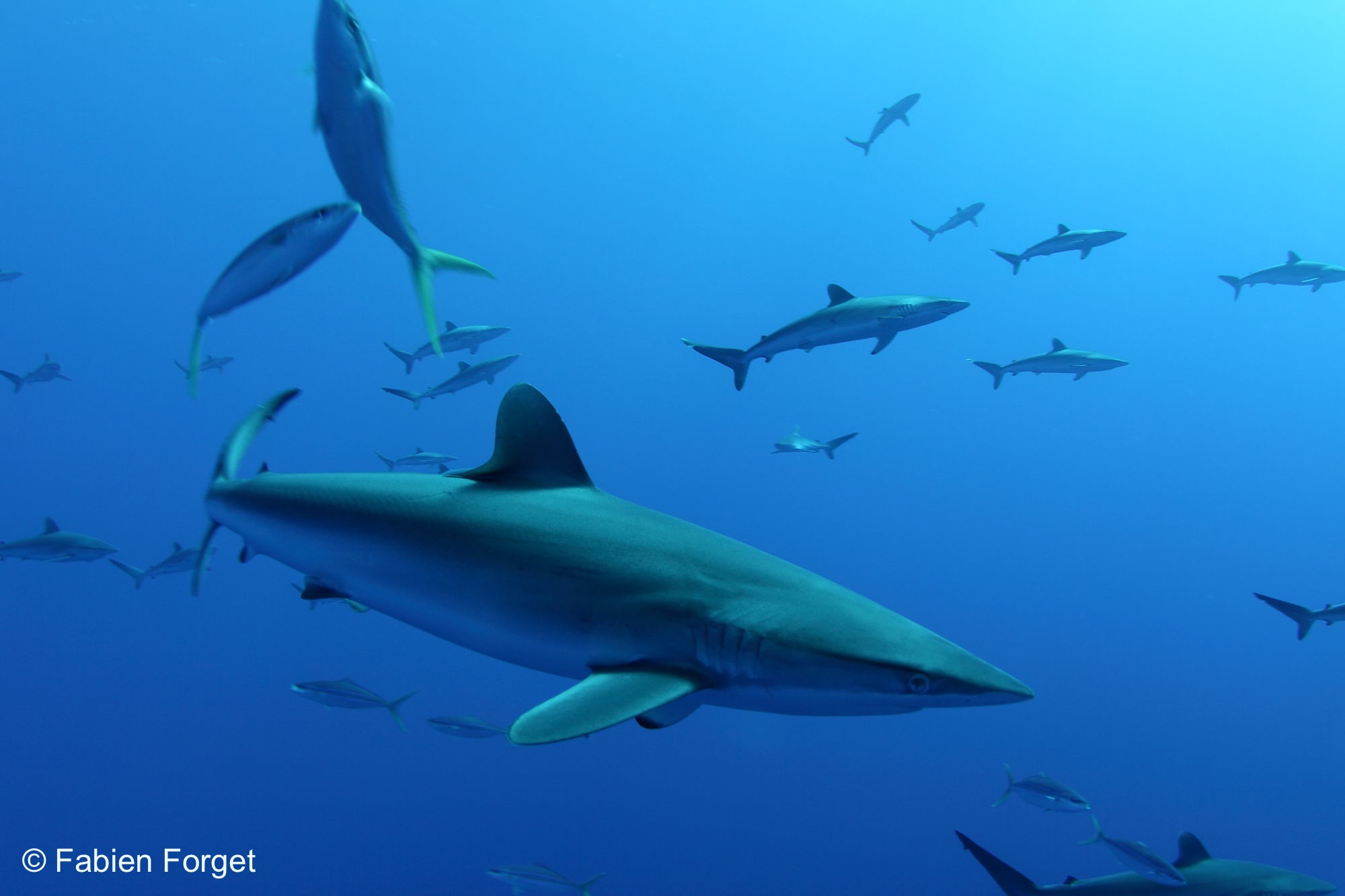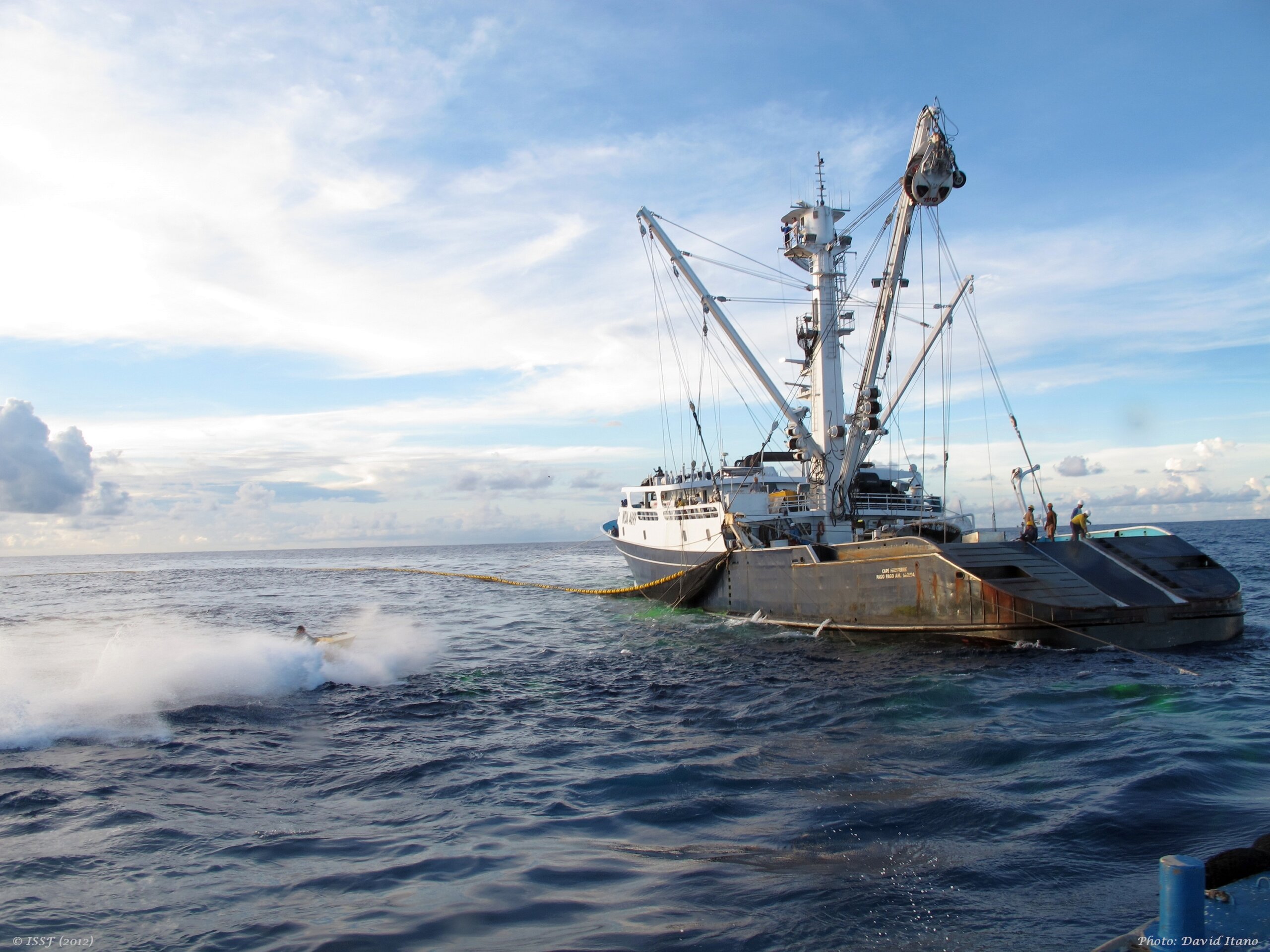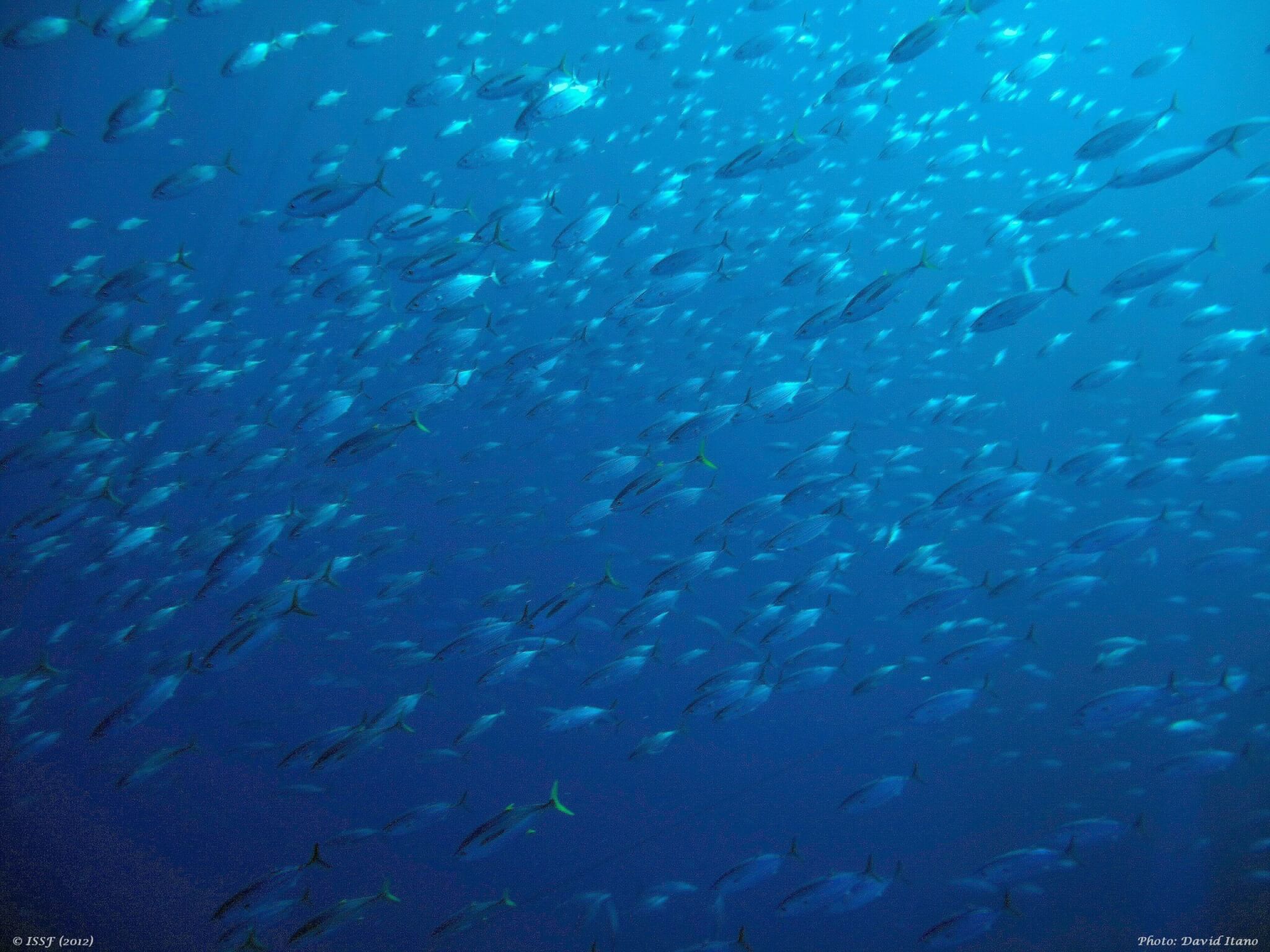
ISSF Announces First Conservation Measure Addressing Social and Labor Standards
The International Seafood Sustainability Foundation (ISSF) today announced the adoption of a new conservation measure requiring ISSF participating companies to develop and publish a public social and labor standards and/or sourcing policy that applies to the company and its entire supply chain. The measure will be in effect for processors, traders, importers, transporters, marketers and others involved in the seafood industry associated with ISSF and includes production facilities and fishing and supply vessels.
Our latest #conservation measure requires ISSF participating #seafood companies to have policies for social and labor standards on #fishing #vessels that supply their #tuna. Share on X“With the announcement of this conservation measure, ISSF is pleased to formalize our commitment to social and labor standards in global tuna fisheries, a topic we have increasingly supported as our work toward sustainable fisheries has evolved,” said ISSF President Susan Jackson. “Conservation Measure 9.1 Public Policy on Social and Labor Standards joins the now dozens of ISSF conservation measures for sustainability best practices. With the majority of the world’s canned tuna processing capacity conforming to these measures — and with major tuna companies being transparently audited against them — we are driving unique and positive change across the world’s tuna fisheries.”
Conservation Measure 9.1 Public Policy on Social and Labor Standards states that processors, traders, importers, transporters, marketers and others involved in the seafood industry shall develop and publish a public social and labor standards policy and/or sourcing policy that applies to it and its supply chain, including production facilities and fishing and supply vessels, that addresses, at a minimum, the following categories:
- Forced labor
- Child labor
- Freedom of association
- Wages, benefits and employment contracts
- Working hours
- Health and safety
- Discrimination, harassment and abuse
- Grievance mechanisms
Under the new measure, a company policy will be considered public if it is published on the company’s website or is otherwise available to the general public. The conservation measure will go into effect on January 1, 2021.
About ISSF Conservation Measures & Compliance Process
ISSF is a global partnership among scientists, the tuna industry and the environmental non-governmental community whose mission is to undertake science-based initiatives for the long-term conservation and sustainable use of tuna stocks, reducing bycatch and promoting ecosystem health.
Since its inception in 2009, ISSF has adopted conservation measures and commitments to facilitate this mission with the intent that processors, traders, marketers and others involved in the seafood industry will follow them to facilitate real and continuous improvement across global tuna stocks. Each ISSF participating company commits to conform to these conservation measures to improve the long-term health of tuna fisheries. They also must adhere to the ISSA Compliance Policy.
ISSF participating tuna companies, which represent the majority of the world’s canned-tuna production and include well-known brand names, are audited yearly by MRAG Americas on their compliance with ISSF conservation measures.


